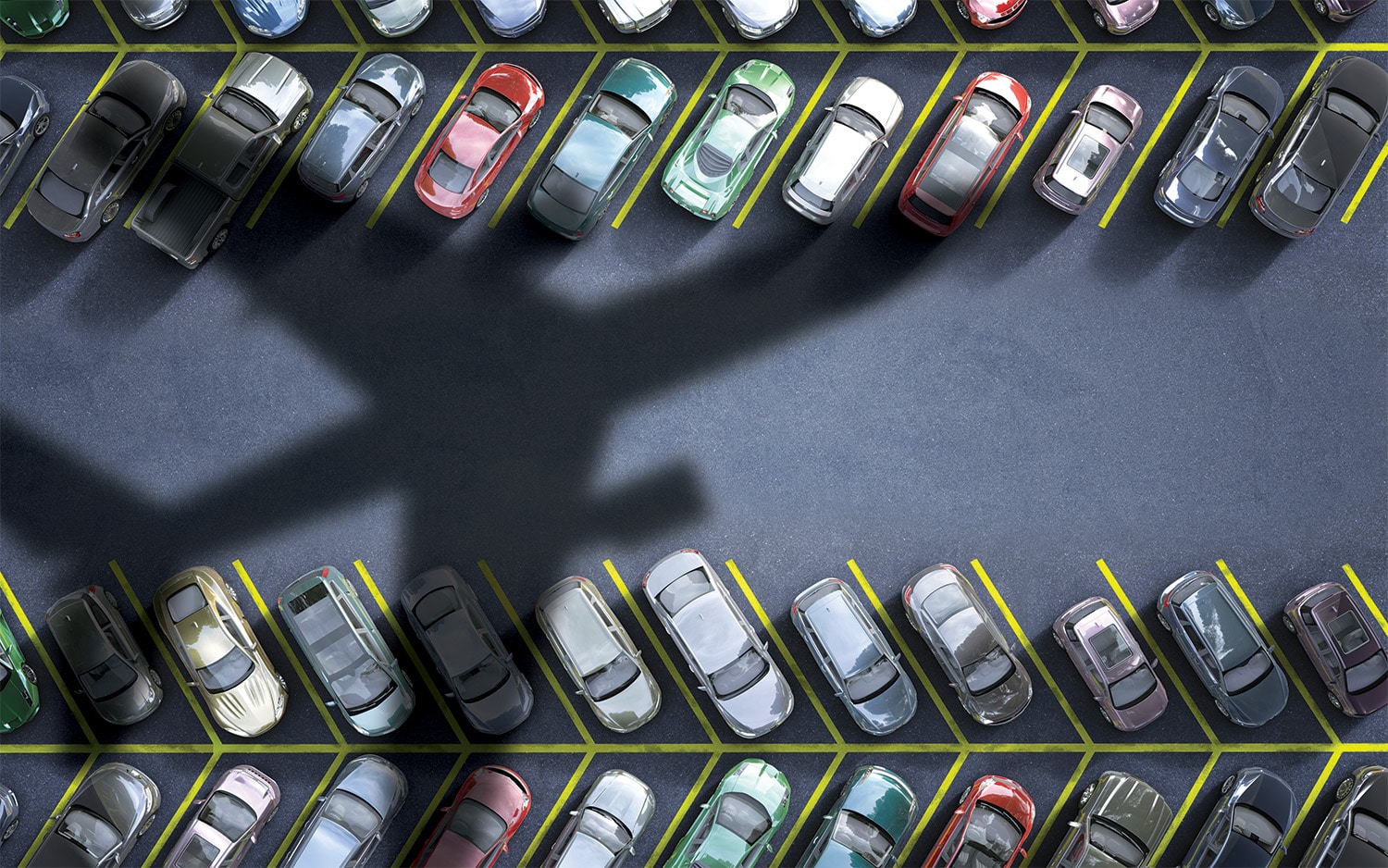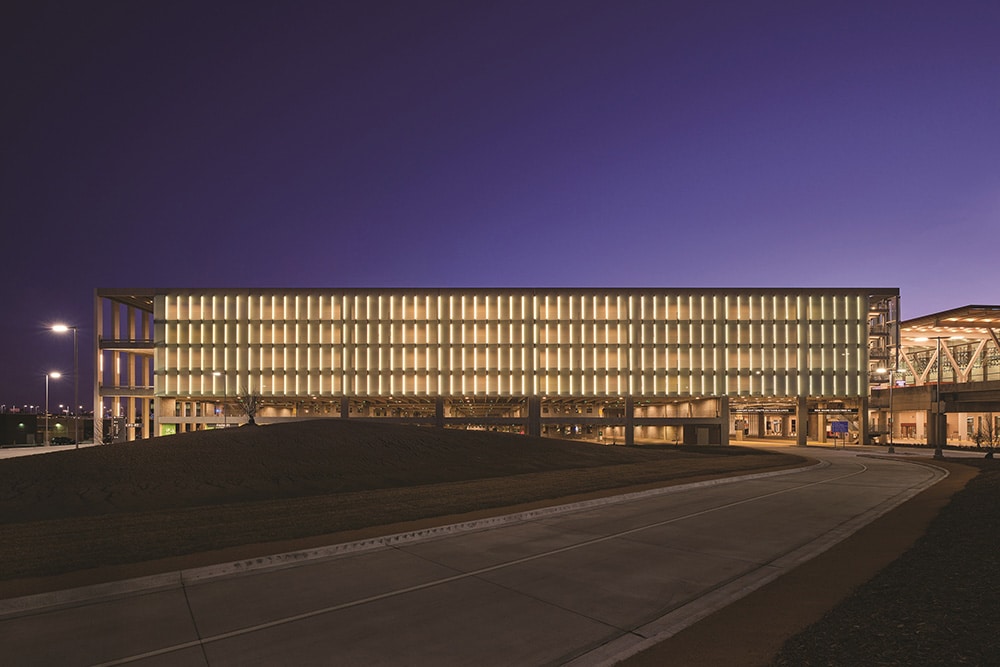
Home » Ask the Experts » What innovation will have the most significant impact on parking and mobility in the next five years?
What innovation will have the most significant impact on parking and mobility in the next five years?

Katherine Beaty
Executive Vice President of Customer Experience
Tez Technology
“
AI has the potential to transform various aspects of parking and mobility, from optimizing traffic flow to providing personalized services and improving overall efficiency. As AI technologies continue to advance, their integration into transportation systems is likely to have a profound impact on the way people move and park in urban environments.”

Larry J. Cohen, CAPP
Executive Director
Lancaster Parking Authority
“
All aspects of Artificial Intelligence (AI) from car counts to virtual parking enforcement.”

Roamy Valera, CAPP
President
Automotus
“
The implementation and adoption of “smart city” technologies, including AI (Artificial Intelligence) and IoT (Internet of Things), which will connect and provide real time visibility to drivers and help reduce congestion, safety hazards, and emissions in our urban centers.”

George J. Mclean, CAPP, DBA
Sr. Business Analyst
Miami Parking Authority
“
The development of Gateless PARCS and LPR technology will significantly impact the parking and mobility industry in the next five years. The advancement of this technology’s accuracy, functionality, and compatibility will provide customers with a seamless parking experience while providing operators with the data necessary to make decisions in real-time. The transition to digital systems signifies the industry’s evolution into a new age of parking and mobility management, exhibited by frictionless customer experiences, reduced operating cost, and enhanced data collection and operational capabilities.”

Andrew Sachs, CAPP
President
Gateway Parking Services
“
Artificial Intelligence will rock our parking world over the next five years. If we utilize it to maximum benefit, AI can help us provide the best possible customer service that elevates the public perception of parking to a valued service. It will also destroy some jobs and create others. Disruption is coming.”

Wady Burgos, CAPP
Parking & Transportation Demand Management Coordinator
City of Westminster, CO
“
Vehicles are at the center of the parking and mobility industry. As vehicles continue their transition into autonomy and electrification, the industry will have to adapt and transform to respond to the needs of both vehicles and drivers. Parking and mobility professionals will pivot to enable efficient space utilization to provide a sustainable and interconnected mobility experience.”

Jeff Pinyot
President
ECO Parking Technologies
“
Still today, drivers circle city blocks looking for an easy parking solution. Making it quicker and easier to park in a parking structure than curbside, that’s what will drive the next five years of our industry. That innovation includes accurate inventory data, making that data available to parkers, all the while, creating a safe and secure environment.”

Scott Petri
Managing Member
ParkTrans Solutions
“
In the coming years we will see a greater push toward taking advantage of under-utilized areas of parking facilities for more productive purposes such as fast charging EVs using solar power with a battery backup. Using these spaces would allow parking owners and operators to expand vehicle charging in their facilities, allowing drivers to top off their vehicle battery and get to their next destination, while reducing reliance or additional stress on the grid. A ten-minute charge from a solar array can provide up to 100 miles of travel, maximizing the value of solar and providing more convenience for EV drivers.”

Josh Kavanagh, CAPP
Executive Director, Auxiliary Programs & Services
University of California, San Diego
“
The transition to 5G as the dominant cellular protocol opens a world of opportunities for real-time data; however, the weak and easily disrupted signals create a real challenge in dense urban or campus environments and indoor spaces like parking garages. The loss of connectivity in these environments presents business challenges, like loss of LPR or payment app connectivity, and liability concerns related to being able call for help from all areas of garages. Parking professionals will need to build familiarity with iDAS (indoor distributed antenna systems) and budget to deploy this technology in new and legacy parking facilities to meet both operational needs and customer expectations.”

James C. Anderson
Independent A/E/C Market Development Executive
“
These are business and industry transformative times. Artificial Intelligence (AI) will revolutionize how we not only consider, plan and design structured parking facilities but also how parking industry suppliers interact and provide their services and value to the parking and mobility networks.”
HAVE A QUESTION? Send it to editor@parking-mobility.org and watch this space for answers from the experts.
The opinions and thoughts expressed by the contributors do not necessarily reflect the opinions and viewpoints of the International Parking & Mobility Institute or official policies of IPMI.


Ask the Experts
How do you plan and budget for creativity and innovation

Revolutionizing the Park-and-Fly Experience
Case Study: Bringing 24/7 Customer Service to Regina International Airport

What Will Be the Impact of Technology on Large-Scale Parking Operations?
Learn what the experts have to say.

Innovation in Action
Exploring game-changing innovations in parking & mobility

New Kansas City Airport Terminal FeaturesVentilated Parking Façade from Bendheim
Glass experts lend expertise to major infrastructure upgrade.Architects selected an

Incorporating ESG Principles into Your Organization
Incorporating environmental, social, and governance (ESG) principles.





